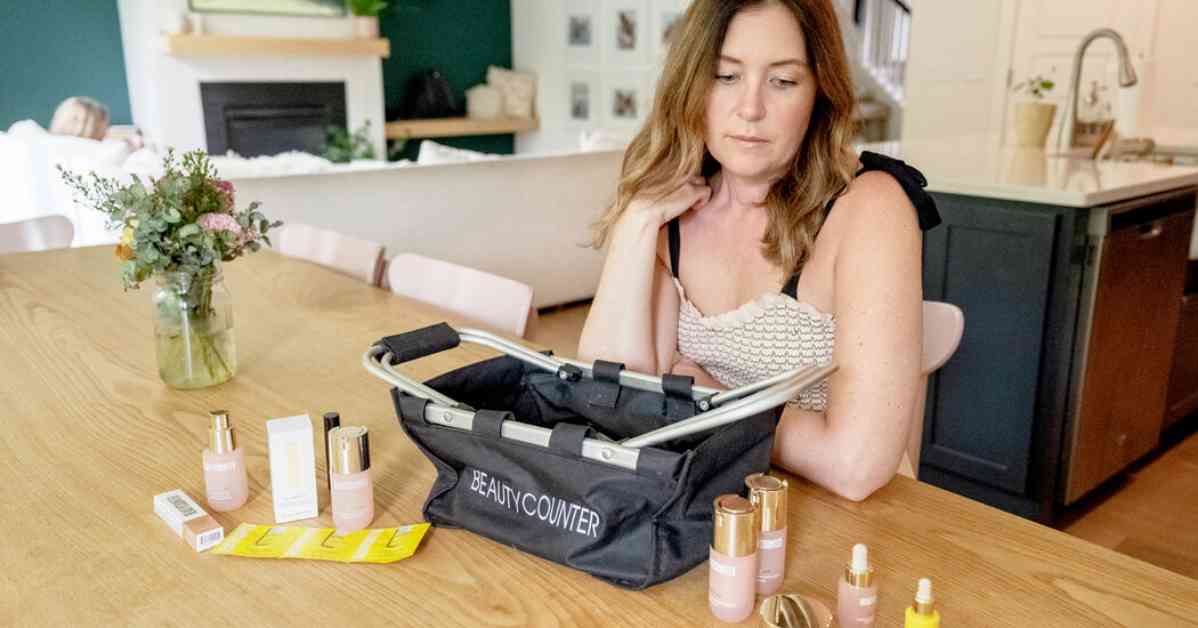Carlyle, a prominent private equity firm with billions of dollars in investor funds, made a significant investment in a skincare company called Beautycounter three years ago. This investment was estimated to be around $600 million, with the intention of growing the company’s annual sales from $400 million to $1 billion and eventually taking Beautycounter public.
Beautycounter, founded by Gregg Renfrew, gained popularity for its mission of producing cosmetic products free from harmful chemicals. The brand utilized a multilevel marketing model, similar to companies like Mary Kay, to distribute its products through independent sellers. With a focus on “clean beauty,” Beautycounter offered products like antioxidant creams priced at $87.
After Carlyle acquired a controlling share of Beautycounter, Renfrew received approximately $50 million for selling part of her stake in the company. She remained as the chief executive, expressing excitement about the partnership and aligning with Carlyle’s ambitious growth plans for the brand.
Despite high hopes and expectations, Beautycounter faced challenges following the acquisition by Carlyle. The company experienced a significant decline, leading to financial losses and impacting individuals like Renee Hill, who saw a drastic decrease in her earnings from selling Beautycounter products.
Renee Hill, who previously earned $177,000 a year through her network of 400 Beautycounter sellers, reported a sharp decline in income to $19,000 after the brand’s collapse. She turned to two other direct selling businesses to make ends meet, highlighting the impact of Beautycounter’s downfall on its sellers and distributors.
The failure of Beautycounter under Carlyle’s ownership serves as a cautionary tale in the beauty industry, demonstrating the risks associated with rapid expansion and financial investments in skincare brands. Despite initial optimism and alignment between Renfrew, Carlyle, and the brand’s growth strategy, unforeseen challenges led to the company’s decline and substantial financial losses.
As the beauty market continues to evolve and consumers prioritize clean and sustainable beauty products, companies like Beautycounter must navigate changing trends and consumer preferences to remain competitive and sustainable in the long run. The rise and fall of Beautycounter under Carlyle’s ownership shed light on the complexities of the beauty industry and the importance of strategic planning and adaptability for brand success.
